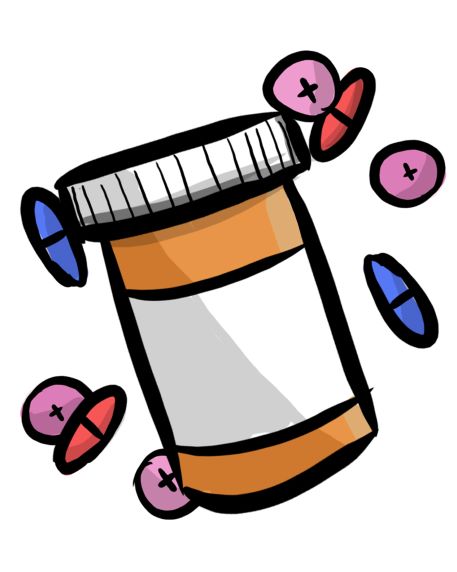
DULF plans to bring a safe supply to the city
By Matthew Fraser, Editor in Chief
These proposed plans bring Canada closer to the most progressive plans delivered in European countries.
After extensive lobbying by Councillor Jean Swanson and the Drug User Liberation Front (DULF), Vancouver will soon be home to North America’s first compassion club. According to reporting by the Vancouver Sun, the compassion club will be peer-led and run by DULF. Additionally, the plan has already garnered support from Vancouver Coastal Health.
One of the concerns voiced before the vote was that funding would be used to materially support organized crime. Community organizer and DULF cofounder, Eris Nyx assured concerned councilpersons that Vancouver’s agreement would guarantee that legal substitutes were purchased as opposed to those supplied illegally. DULF cofounder Jeremy Kalicum also added that a safe government supply would alleviate the need for street purchases. However, to do this, DULF will need a Subsection 56 exemption.
The College of Pharmacists of British Columbia explains that Health Canada allows for limited exemptions to the Controlled Drugs and Substances Act under Subsection 56. The exemption allows pharmacists to: “Provide certain controlled substances to a community health facility, subject to the terms and conditions of the exemption.” It also permits nurses providing health services at a community health facility to possess, administer, transport, and otherwise distribute controlled substances. Should DULF obtain such an exemption, they will be at the forefront of recent BC government plans.
A BC Government news bulletin from July outlined a new policy aimed at creating a safer prescription supply. This bulletin explained that $22.6 million would be directed to health authorities over the next three years. This planned expansion was aimed at addressing the stigma attached to illicit drug usage while boosting support for those in need. Amongst the planned end goals is the inclusion of opioids and stimulants supplied by Pharmacare after program and prescriber recommendation.
These proposed plans bring Canada closer to the most progressive plans delivered in European countries. Amongst the most famous of these programs is Switzerland’s Heroin-assisted treatment (HAT for short). In an article for North Carolina Health News, Taylor Knopf explains the significance of the Swiss plan. Experts quoted describe huge drops including a 64 percent decrease in opioid-related deaths, a 98 percent reduction in theft, and significant drops in Hepatitis C and HIV infections.
